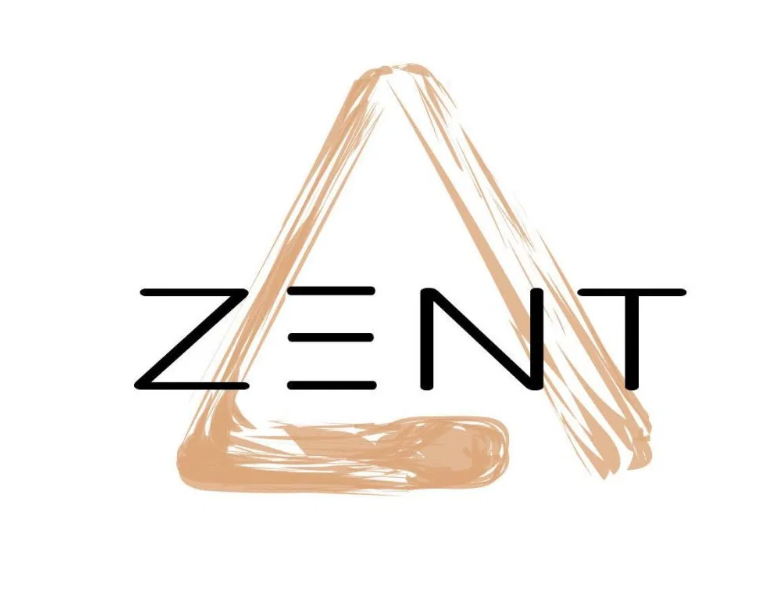



Keep this story going! Share below!
Zent is available at music festivals to supply attendees with biodegradable tents and 24 hour services that include set up and take down. The company aims to diminish plastic and metal waste that is left over from remaining tents that are discarded after music festivals.
Zent is a solution to solve the plastic and metal waste problem that exists at the campgrounds in the aftermath of a music festival. Mohar Roy, the founder and CEO of Zent, states that more than 25% of tents are left behind after a festival. She originated this idea in order to combat the extreme plastic waste problem and create an environment where people are more mindful of the footprint they are leaving behind. Additionally, Zent is the world’s first biodegradable tent, consisting of only cotton, wood, and a degradable bioplastic called Rain Fly. Roy created the company in hopes to diminish the plastic waste problem. In our interview, Mohar explained that, “The innovation is the biodegradable tent, but also were not really selling them in stores. We’re going to have people reserve them online where they can get their festival passes and we’ll bring them to the festival and hand them out to people, show them how to set them up, and take down whatever is left behind and try to rescue as much as we can. So I think both of those parts are kind of the innovation” (Roy). To Mohar, both the technology of the biodegradable tent and Zent’s business model, which is a mix of B2B and B2C, are the innovations that have brought Mohar success thus far.

Mohar Roy was inspired to create this company when she camped at a music festival last year and afterwards noticed the amount of tents that were not discarded and left behind. She then turned to Google, curious to find out just how common this is. Roy discovered that between 25%-44% of tents are left behind at campsites at music festivals.
Determined to decrease this number and contribute to diminishing plastic waste, Roy created Zent, a company that rents out biodegradable tents at music festivals. Therefore, with the requirement to return the tent, camping festival goers avoid the very common action of leaving the tent behind at the campground or festival site. Roy also discussed her profound passion for environmental sustainability and her pessimistic, but realistic future vision of humanity’s life on Earth. However, as an entrepreneur she hopes to improve our society’s mindfulness and compassion for the environment in order to create a better life on Earth.
Zent reduces the amount of waste that is left from tents at festivals and ensures campers are reducing their footprint. By offering a service that supplies biodegradable tents (that are free of plastics and metals) to festival-goers, Zent is able to reduce the individual impact of every person who uses their service. Every tent provided by Zent will be cleaned up and either reused, repurposed, or donated (possibly to the homeless) as a way to continue the useful shelf life of the material’s as long as they can.
Not only does the innovation reduce festivals’ ecological footprints, it also helps Zent as a business. Each tent can withstand around 5 uses (one festival equates to one use) meaning Zent is able to reuse their products before needing to manufacture more. Additionally, even when tents become unusable, often times they still can have certain usable parts within the entire tent construction that can be repurposed to other tents. This process of reusing materials allows Zent to maintain the smallest environmental impact possible because they can continually reuse and repurpose their products.
While Zent’s does use wood for the structure of each of their tents, Mohar explained that they replant trees for every tree they cut down as an effort to reduce the ecological impact that Zent has relating to the manufacturing of their products.
Additionally, Mohar Roy also mentioned that in the future she wants to build factories in third world countries that are focused on creating quality, humane workplaces, in order to pay impoverished people living wages and help their communities by putting money into their economies.
The business benefit of Zent is that it is supplying environmentally friendly tents while also helping diminish the carbon footprint of both the tent users and the festival itself. Zent is also receiving profits for this innovation. Therefore, the innovation is beneficial to the planet, people, and themselves.
Zent reduces the amount of waste that is left from tents at festivals and ensures campers are reducing their ecological footprint. Not only does the company supply tents, but they their tents are also biodegradable. This innovation is free of plastics and metal. In the future, this innovation could also improve human well-being by giving third world countries more sustainable forms of living. Zent also provides societal benefits by offering festival goers, event goers, and campers an easy form of hospitality without any of the hassle of providing their own hospitality. Additionally, users can feel good about using Zent’s service because they know they are reducing the event’s and their own individual footprint.
Get stories of positive business innovations from around the world delivered right to your inbox.
Mohar Roy, Founder and CEO

In a world where over 25% of tents are left on the campgrounds in the aftermath of a music festival, Zent aims to provide biodegradable tents with full service set up and clean up in order to diminish the plastic waste problem that results from the lack of proper disposal of tents.